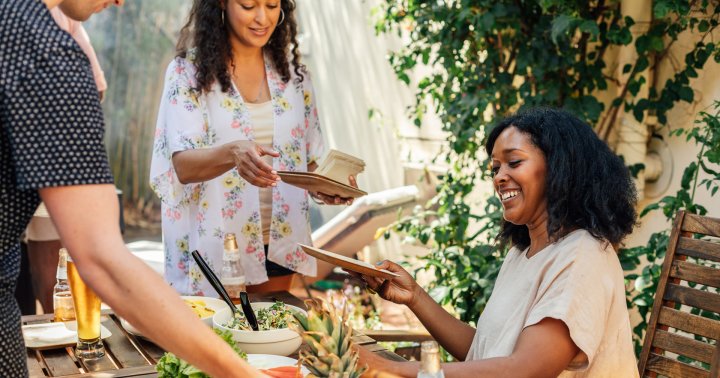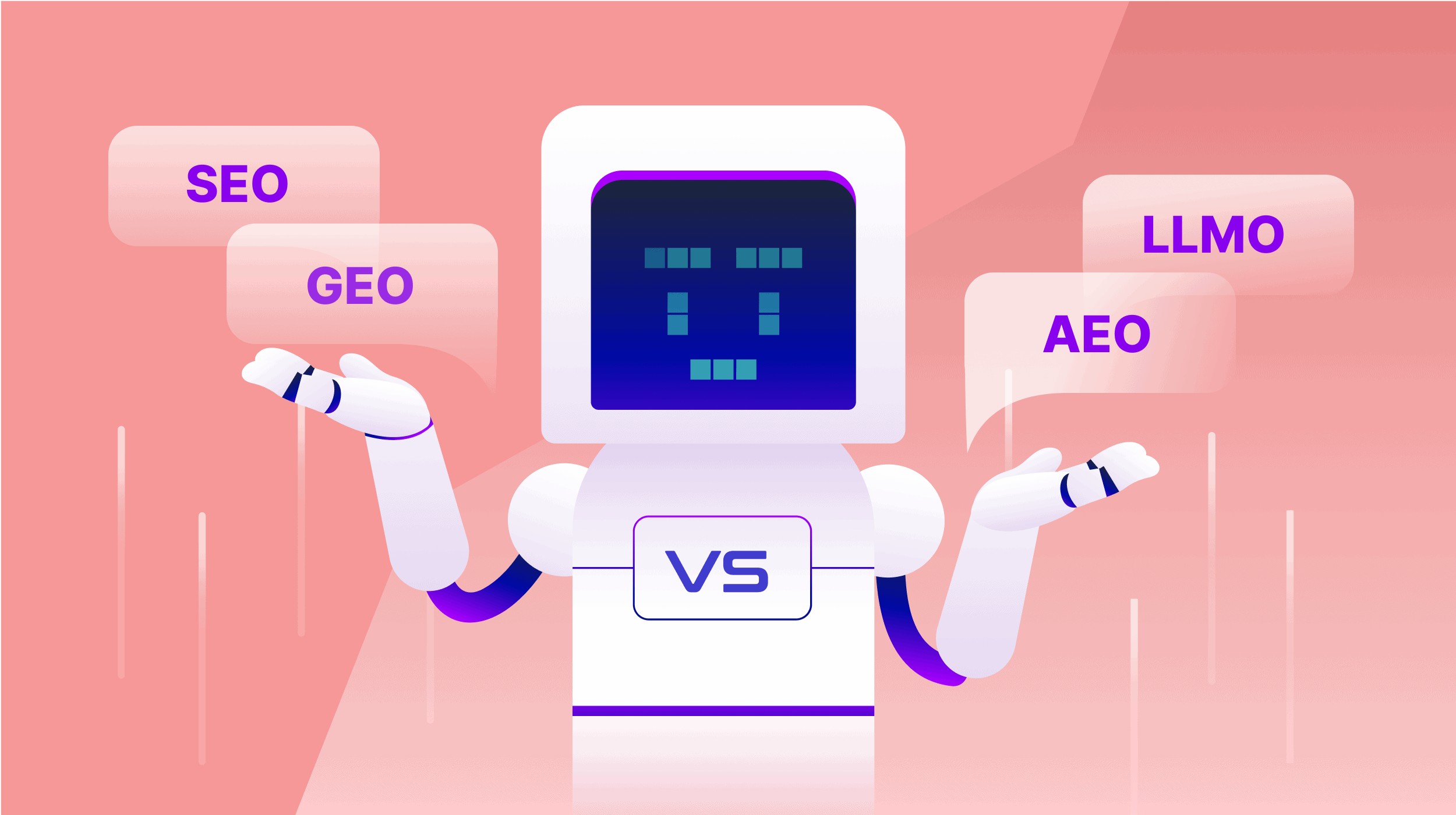Worried About Your Iron Levels? This Surprising Supplement Can Help*
Who knew this citrusy vitamin influences iron levels?*

Iron can be a finicky essential mineral to get enough of—in fact, iron deficiency is one of the most prevalent deficiencies in the world.
While some of our iron needs are met endogenously (i.e., derived from within the body from breaking down our own red blood cells), we all have daily iron needs from exogenous sources. And a decent chunk of us aren't consuming enough, specifically 6.7% of U.S. children and 9.5% of U.S. women between the ages 12 and 49 are deficient in iron and 5% of the U.S. adult population is failing to consume just five to eight milligrams of the mineral each day. As it turns out, we need eight to 27 milligrams of iron daily, depending on our gender and life stage.
These stats make you wonder… Why the heck are Americans struggling to get enough iron?
Iron has low bioavailability.
Iron is notoriously difficult to absorb. Furthermore, the entire population loses a certain amount of iron (e.g., in our urine, sweat, etc.) each day, and menstruating women lose even more iron when they get their periods each month. We require a certain amount of dietary iron to make up for these losses.
There are two types of dietary iron: Heme iron that comes from animal food sources (e.g., meat, fish, and poultry) and non-heme iron that comes from both plants and animals. Non-heme iron is not absorbed as easily as heme iron, so individuals that don’t eat meat may struggle to get adequate bioavailable iron from their diet.
If you need a little more iron, supplements are a complementary way to increase your intake. As far as form goes, there's a wide spectrum of quality, gentleness, and bioavailability in iron supplements. When in doubt, look for a supplement with ferrous bisglycinate (i.e., the amino acid chelated form) for optimal absorption and gentleness.*
Whether you're looking to increase your absorption of dietary non-heme iron (hey, vegans!) or you'd just like to enhance the effectiveness of your iron supplementation, we’ve got a secret weapon that will help you maintain sufficient iron levels.* Enter: Vitamin C.
How does vitamin C enhance iron absorption?
In the intestine, heme and non-heme iron are separated into two separate pools. Generally, the heme iron absorption goes off without a hitch while the non-heme iron is greatly affected by the other nutrients present in your last meal.
Certain nutrients—such as anti-nutrient phytates (the stored form of phosphorus found in grains, seeds, and legumes), phytonutrient polyphenols (organic compounds found in plants), and fellow mineral calcium—inhibit the full absorption of non-heme iron.
Luckily, vitamin C works to enhance the bioavailability of non-heme iron.* Additionally, vitamin C optimizes the uptake of iron from transferrin (the protein that transports iron through the blood), ensuring that iron is not only absorbed properly, but efficiently distributed in the body as well.*
If you struggle to absorb dietary iron, ensuring you get enough vitamin C can help increase your iron levels and your vitamin C status (which comes with a slew of additional health benefits for your skin, immune system, and more).*
To up your intake of vitamin C, consider adding more vitamin-C-rich foods to your diet and taking a high-quality vitamin C supplement like mbg’s vitamin C potency+, which offers 1,000 milligrams of bioavailable vitamin C.* Your iron levels will thank you!
If you are pregnant, breastfeeding, or taking medications, consult with your doctor before starting a supplement routine. It is always optimal to consult with a health care provider when considering what supplements are right for you.

 MikeTyes
MikeTyes 
































